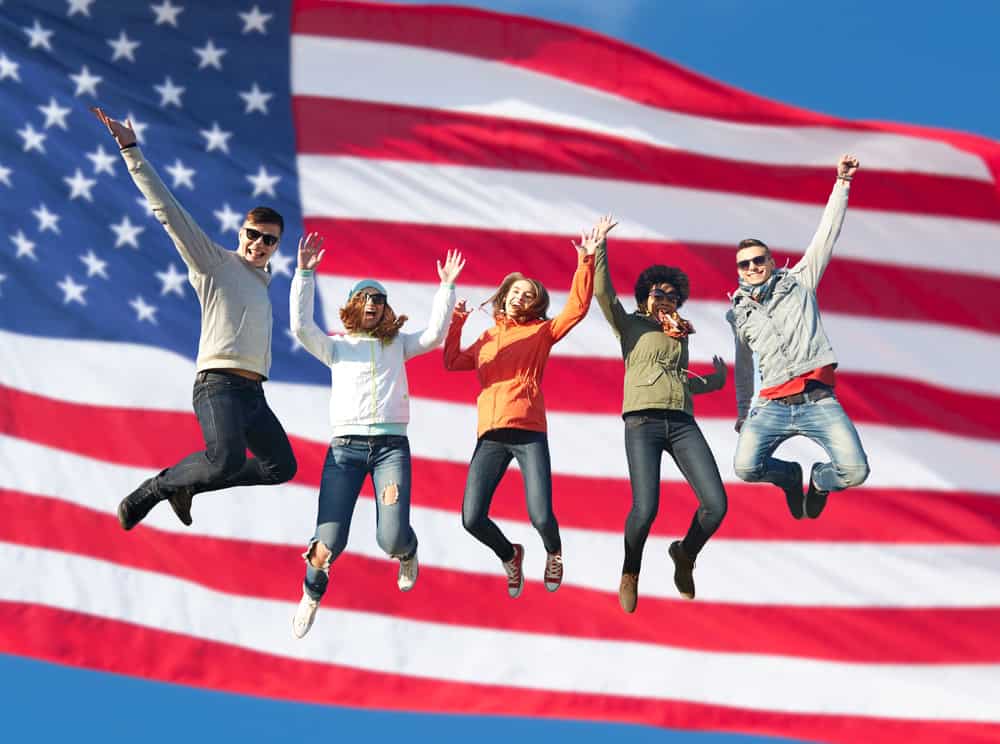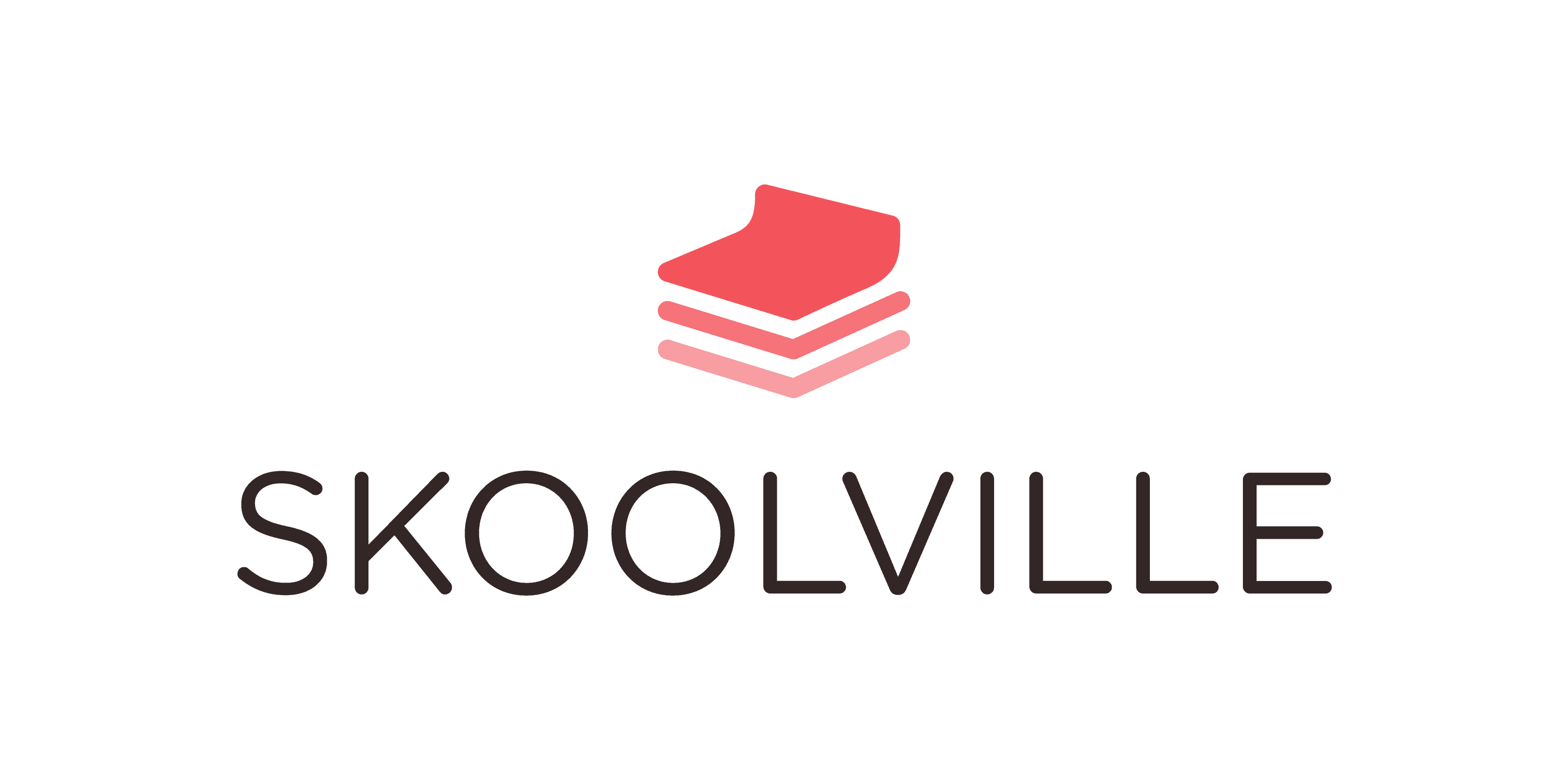
09 Dec Top Tips for Successful F1 Visa Interview – 2025
You got admission to pursue Bachelors, Masters or Ph.D. in the USA and received your I20. The next step is attending the visa interview. This is a critical step since without a visa you will not be able to travel to the USA to attend the school. So read along to know successful F1 visa interview tips. But if you just want to know the process to pursue higher education in the USA read this blog.
There are some basics that a student should understand when it comes to a student visa (also called as F1 visa) for the USA. The F1 visa is considered a non-immigrant visa. This means this is a temporary visa where the student is going to the USA exclusively for studies and will return to their home country after the degree is complete. Your intention should not be to work or settle in the USA. You need to demonstrate that you have strong ties to your home country and your intention is to return to your home county after successful completion of your studies in the USA. Your F1 visa will expire 60 days after the date of completion of your academic program.
As of the current date of this blog, the F1 visa interview process is scheduled for two days. On the first day, there will not be an interview. The embassy will collect your fingerprints and take a photograph of you. There will not be an interview from the consular officer on this. On the second day, you will have your visa interview with a consular/visa officer.
Tips for F1 Visa Interview:
Dress formally and make sure to report to the embassy at least one hour before your appointment time so that you can attend the interview on time. It is always better to be early than late. Make sure to carry all the required documents for your visa. Your passport, Visa fee receipt, Sevis fee payment receipt, original I20, admission letter from the university, your original transcripts, degree/diploma certificates, test scores and documents showing proof of funds to pay for your education in the USA. Arrange all your documents in separate sections of your file with tags so that it will be easier for you to provide any documents requested by the officer during your interview.
When the officer calls you to come in, walk confidently to the officer and wish the officer with a smile. You can wish something like good morning, or good afternoon depending on the time of the day and can also ask how the officer is doing. I would say something like “Good Morning officer! How are you doing?”. Speak slowly and little louder than you speak normally so that the officer can understand you easily. It is always important to look into the eyes of the officer while speaking. In American culture, people are expected to speak by looking into each other’s eyes. If you don’t look into the officer’s eyes while talking, it might give an impression to the officer that you are not honest with your answers. It is very important to always look into the officer’s eyes while talking.
Listen carefully to what the officer is asking for and speak loud and clear. Since there are not any preset questions for the interview, the interviewer will be asking questions to check whether you are eligible for the visa. This might include everything related to your past academics, university and course you are applying for, your sponsorship, etc. You should not use any colloquial language while you are conversing with the officer. Also, make sure that you do not use any fake American accent while talking. This doesn’t give a good impression to the officer.
Politely respond to each questions and be crisp and clear. Don’t try to prolong the converation. Give exact answer to the question asked. The officer will not be spending more than a few minutes on each applicant’s visa verification. It is the first impression and the way you answer each questions which gets you in. Always avoid conflicting statements and do not start an argument with the officer for whatever the reason might be. Also, be prepared to answer the questions related to your previous education, employment, future career plans, etc.
Never memorize your answers. You can prepare ahead on what you like to say for typical questions asked for the F1 visa interview. But never memorize your answers. Express them in your own words. Be prepared to explain, why you chose the USA for higher studies, why you are going to this particular university and why you opted for this particular course. Try to connect your current education and how this higher education in the USA will help your career in your home country once you return to your home country after completing your education in the USA.
Be prepared to show your financial documents proving that you can completely pay for your education in USA including your living expenses (i.e. whatever the amount is mentioned in your I20). If you already haven’t received any funding/scholarship you cannot mention in the interview that you are expecting a scholarship. Be prepared to explain how many credits and courses you will be taking in each semester/quarter. You should also prepare to explain what courses you are planning to choose and how many courses are required to complete your degree.
Make sure to demonstrate your family ties and show how it is critical that you have to come back to your home country after two years. You should also demonstrate through your answers that the rest of your family members have strong ties in your home country either through their careers or family ties and they don’t have any interest to move to the USA. Always be honest and direct with your answers. Our Skoolville team wishes you good luck with your interview.
*www.skoolville.com is a one-stop application portal. No need to apply through university websites. With just a few clicks you can send your application to multiple universities in the USA using skoolville.com. We also conduct mock visa interviews by professionals living in the USA to help you better prepared for your visa interview.
